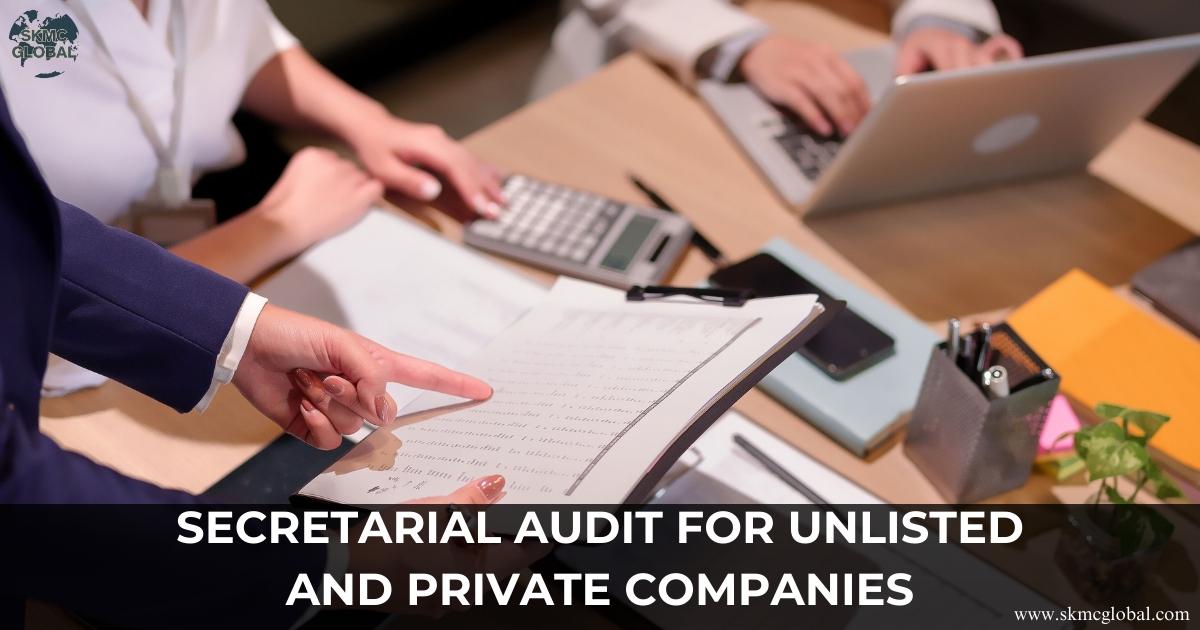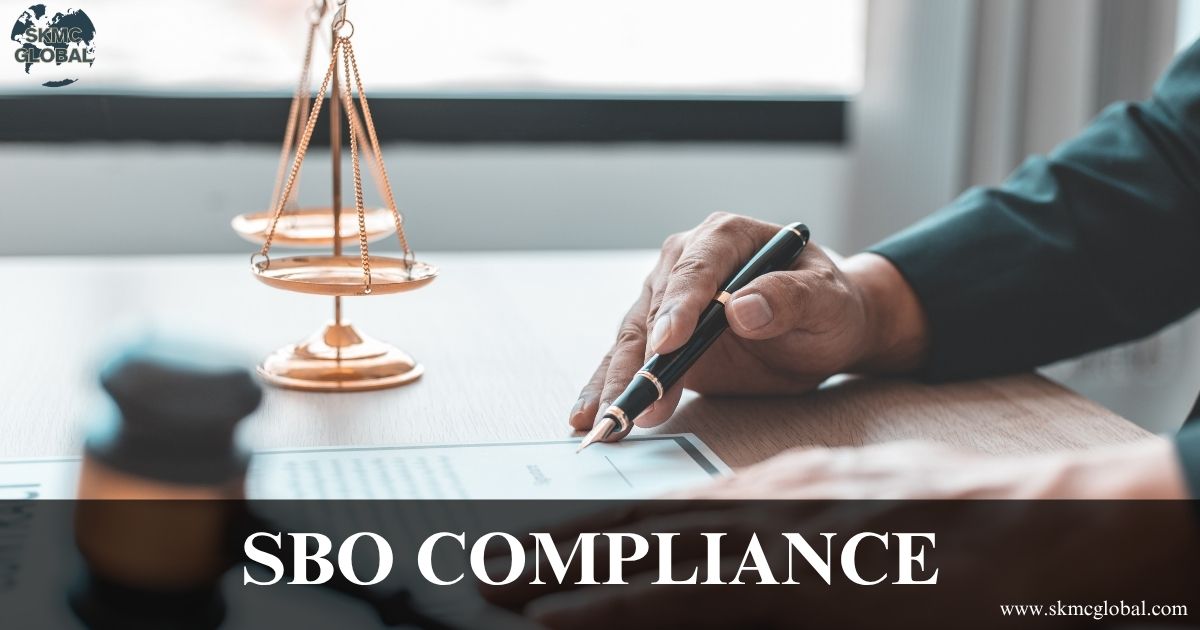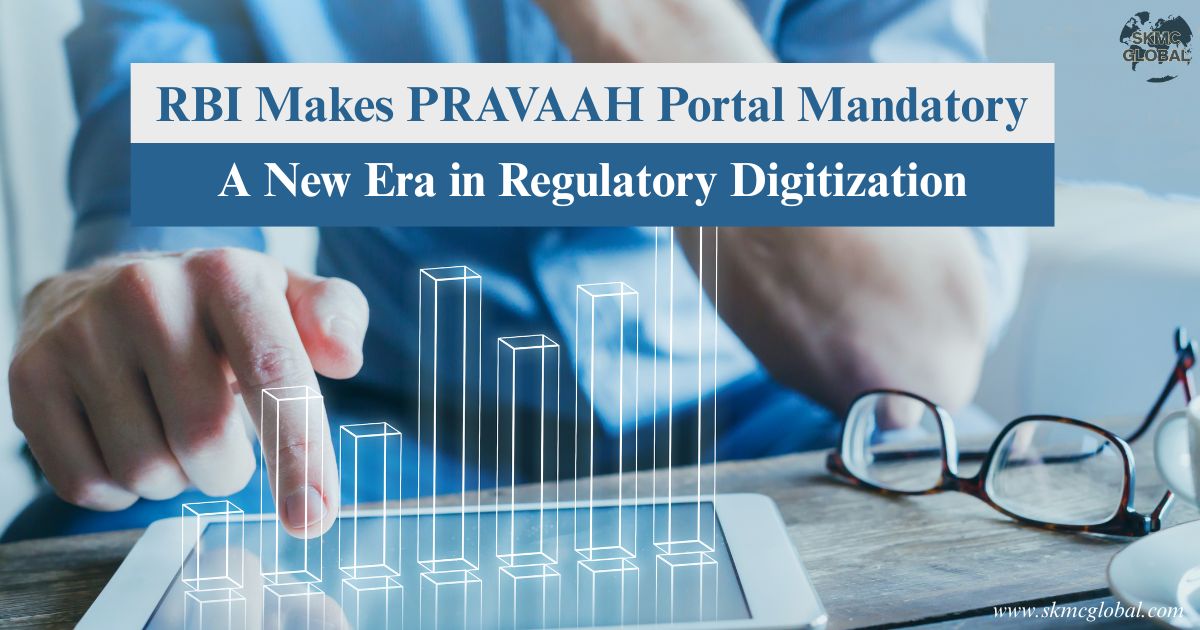
This is the era when transparency and accountability have been the pillars of corporate governance, and the Sarbanes-Oxley Act (SOX) is one of the most effective legislation in the world's financial reporting landscape. Enacted in the United States in 2002 as a reaction to a string of headline corporate accounting debacles (e.g., Enron and WorldCom), SOX transformed the way that public companies report and manage their financial data. At its core is an integrated system of internal controls designed to deliver reliability, integrity, and accountability in financial reporting.
For U.S.-listed companies, and a few foreign companies having U.S. operations or investments, SOX and internal controls awareness is not only compliance, but an essential aspect of risk management and investor trust. In this context, here the blog discusses SOX internal control requirements, typical issues, and how outsourcing internal auditing is aiding organizations to improve compliance and effectiveness.
What is SOX and Why Is It Important?
Sarbanes-Oxley Act (SOX) is a federal legislation enacted in the United States whose primary purpose is to safeguard investors against fraudulent accounting practices by firms. It imposed stringent reforms concerning financial disclosures and raised the extent of responsibility of firm executives, particularly the CEO and the CFO. Section 404 of SOX specifically requires management and outside auditors to report on the effectiveness of a company's internal controls over financial reporting (ICFR).
SOX controls aim at making financials accurate and the firm's assets protected from fraud or misuse. SOX controls range from transaction-level activity to entity-wide governance programs.
Non-compliance with SOX by public companies can lead to significant fines, damage to reputation, and even criminal prosecution of managers. SOX and internal controls have thus become fundamental components of financial and operating planning.
Major SOX Internal Control Requirements
The main SOX requirement is in Section 404, which addresses testing and evaluating internal controls over financial reporting. Section 404 calls for two main reports:
- Management's Assessment: Corporate management must have proper internal controls in place and file annually an assessment of their effectiveness.
- SOX Auditor's Report: A registered public accounting firm has to report and attest on behalf of the firm in its own right to the firm's internal control structure and procedures' adequacy and effectiveness.
Process involves:
1. Documentation of Controls: Capturing processes that have an impact on financial reporting, i.e., revenue recognition, payroll, procurement, treasury.
2. Control Testing: Testing the operating and design effectiveness of controls.
3. Risk Assessment: Identification of risks in financial reporting and assignment of controls for such risks.
4. Remediation of Deficiencies: Triggering remedial actions when control fails or whenever weaknesses are present.
In practice, SOX controls are not fixed; they have to undergo repeated review and enhancement to cope with new risks and changing business procedures.
While SOX introduces greater financial transparency, it is no easy task to implement and maintain effective SOX controls—especially for expanding or globalized businesses. Some of the frequent challenges that occur are as follows:
1. Documentation Complexity
It is required by SOX compliance to have detailed documentation of all the processes, controls, and owners of the controls affecting financial reporting. Decentralized or manual processes in companies can make this very time-consuming.
2. Changing IT Environments
ERP software, cloud computing, and workflow automation complicate IT general controls (ITGCs). Maintaining access controls, change management processes, and system integrity at SOX levels demands advanced expertise.
3. Internal Resource Constraints
Internal expertise or capabilities to perform in-depth internal control testing are usually not available, leading to lower quality or financial reporting timing issues.
4. Auditor Expectations
SOX auditor standards have tightened over the years. Auditors must possess good detail, properly documented risk assessment, and timely remediation of control weaknesses.
These challenges are likely to result in compliance fatigue, expense, and, in some instances, control breakdowns which may attract supervisory attention. It is through internal audit outsourcing which has emerged as a strategic facilitator.
How Internal Audit Outsourcing Facilitates SOX Compliance
In order to address these needs, the majority of companies are seeking internal audit outsourcing as an easy and cost-effective answer. Utilizing third-party specialists allows firms to access deep expertise, sophisticated technical skills, and flexible resources at a lower cost than retaining a in-house staff on a full-time basis.
1. Availability of Specialized SOX Expertise
Outsourced audit experts will be most likely familiar with SOX and internal controls, for example, changing regulatory needs, industry-related risks, and newer control frameworks. It ensures that companies comply to the proper requirement and also stimulate internal improvements.
2. Independent and Objective Perspective
Outsourcing introduces an unblemished perspective to look for openings, test thoroughly, and offer unbiased feedback. Such independence is cherished by SOX auditors and strengthens the company's control framework credibility.
3. Scalability and Flexibility
Businesses have busy workload seasons during audit season. Outsourcing internal audit frees businesses to scale up or down staff according to their compliance schedule, releasing internal staff to work on core business.
4. Efficiency in Cost
Building an in-house SOX team involves expenditures in terms of hiring, training, and retaining personnel. Outsourcing eliminates fixed overheads without the alignment of high-end audit capabilities.
5. Technology-Driven Testing
Advanced testing software and data analysis in many outsourced internal audit companies facilitate quicker detection of high-risk areas and automation of repetitive tasks—delivering accuracy and speed for compliance delivery.
Role of Internal Audit in SOX Beyond Compliance
Internal audit services, whether in-house or outsourced, serve a more significant purpose than merely checking the boxes to obtain SOX compliance. Internal audits uncover inefficiencies, offer process improvement recommendations, and assist with establishing robust control environments that are able to adjust regulatory shifts.
Secondly, they also enhance proper communication between departments and the audit committee, and decision-making and governance call for this. The new role redefines internal audit outsourcing from a support tool towards compliance to instead a value-adding strategic role in business performance execution.
Conclusion
SOX and internal controls become the essential components of an open and reliable corporate culture. Although SOX control requirements are lengthy and stringent, they serve a larger cause—regulating companies to be accountable, transparent, and investor-friendly. However, problems like complicated documentation, evolving technologies, and expectations of auditors preferentially put pressure on internal capabilities.
It is this reason that outsourcing of internal audit has emerged as a precious strategy. It provides access to skilled professionals, improves the quality of audits, raises regulatory compliance, and fuels operating efficiency. As the business environment keeps changing, outsourcing internal audit functions is not only beneficial for effective SOX compliance, but also enhances long-term governance structures.
Recent Posts
-
 The Step-by-Step NGO Registration Process in India...
Jan 17,2026
The Step-by-Step NGO Registration Process in India...
Jan 17,2026
-
 Secretarial Audit for Unlisted and Private Compani...
Dec 19,2025
Secretarial Audit for Unlisted and Private Compani...
Dec 19,2025
-
 How to Get CTE and CTO under Environmental Laws in...
Nov 27,2025
How to Get CTE and CTO under Environmental Laws in...
Nov 27,2025
-
 Step by Step guide for appointment of Independent ...
Nov 06,2025
Step by Step guide for appointment of Independent ...
Nov 06,2025
-
 Liaison Office vs Branch Office: A comparative ana...
Sep 02,2025
Liaison Office vs Branch Office: A comparative ana...
Sep 02,2025
-
 Role of Shareholders Agreement in Startups and Inv...
Aug 30,2025
Role of Shareholders Agreement in Startups and Inv...
Aug 30,2025
-
 Setting Up a Wholly Owned Subsidiary (WOS) in Indi...
Aug 12,2025
Setting Up a Wholly Owned Subsidiary (WOS) in Indi...
Aug 12,2025
-
 Arbitration v/s Litigation in India...
Aug 05,2025
Arbitration v/s Litigation in India...
Aug 05,2025
-
 Declaration of Dividend under Companies Act, 2013...
Aug 02,2025
Declaration of Dividend under Companies Act, 2013...
Aug 02,2025
-
 What is MSME Form 1 and how it can be filed?...
Aug 01,2025
What is MSME Form 1 and how it can be filed?...
Aug 01,2025
-
 What is CSR and how to compute the contribution am...
Jul 31,2025
What is CSR and how to compute the contribution am...
Jul 31,2025
-
 Process for removal of company auditor under Compa...
Jul 31,2025
Process for removal of company auditor under Compa...
Jul 31,2025
-
 What is SBO Compliance and when it is needed?...
Jul 29,2025
What is SBO Compliance and when it is needed?...
Jul 29,2025
-
 Role of Key Management Personnel and their appoint...
Jul 28,2025
Role of Key Management Personnel and their appoint...
Jul 28,2025
-
 Registering a Partnership Firm in India...
Jul 28,2025
Registering a Partnership Firm in India...
Jul 28,2025
-
 Procedure to strike off a company...
Jul 28,2025
Procedure to strike off a company...
Jul 28,2025
-
 sox and internal control...
Jul 17,2025
sox and internal control...
Jul 17,2025
-
 ICFR Applicability as per the Companies Act, 2013...
Jul 15,2025
ICFR Applicability as per the Companies Act, 2013...
Jul 15,2025
-
 Concept of Sweat Equity Shares and its uses...
Jun 25,2025
Concept of Sweat Equity Shares and its uses...
Jun 25,2025
-
 Whether loans and borrowing are considered as depo...
Jun 18,2025
Whether loans and borrowing are considered as depo...
Jun 18,2025
-
 What are the major compliance for unlisted compani...
Jun 05,2025
What are the major compliance for unlisted compani...
Jun 05,2025
-
 A Guide to Compensation to Director in Indian Corp...
Jun 04,2025
A Guide to Compensation to Director in Indian Corp...
Jun 04,2025
-
 Loans to Company Directors- A Legal and Ethical Fr...
Jun 04,2025
Loans to Company Directors- A Legal and Ethical Fr...
Jun 04,2025
-
 Top 7 Things You Must Know About External Commerci...
May 16,2025
Top 7 Things You Must Know About External Commerci...
May 16,2025
-
 Integrating CSR into Your Business Model:A Step-by...
May 14,2025
Integrating CSR into Your Business Model:A Step-by...
May 14,2025
-
 What are the applicable Labour Laws in HR (Human R...
May 14,2025
What are the applicable Labour Laws in HR (Human R...
May 14,2025
-
 Unveiling the PRAVAAH Portal: A Comprehensive Guid...
Apr 18,2025
Unveiling the PRAVAAH Portal: A Comprehensive Guid...
Apr 18,2025
-
 FLA Return and its compliance...
Feb 08,2022
FLA Return and its compliance...
Feb 08,2022
-
 Process of closure of Branch office in India...
Dec 30,2021
Process of closure of Branch office in India...
Dec 30,2021
-
 Steps to Shut down the Liaison Office in India...
Sep 14,2021
Steps to Shut down the Liaison Office in India...
Sep 14,2021
-
 Procedure for closure of Project Office in India...
Aug 10,2021
Procedure for closure of Project Office in India...
Aug 10,2021




